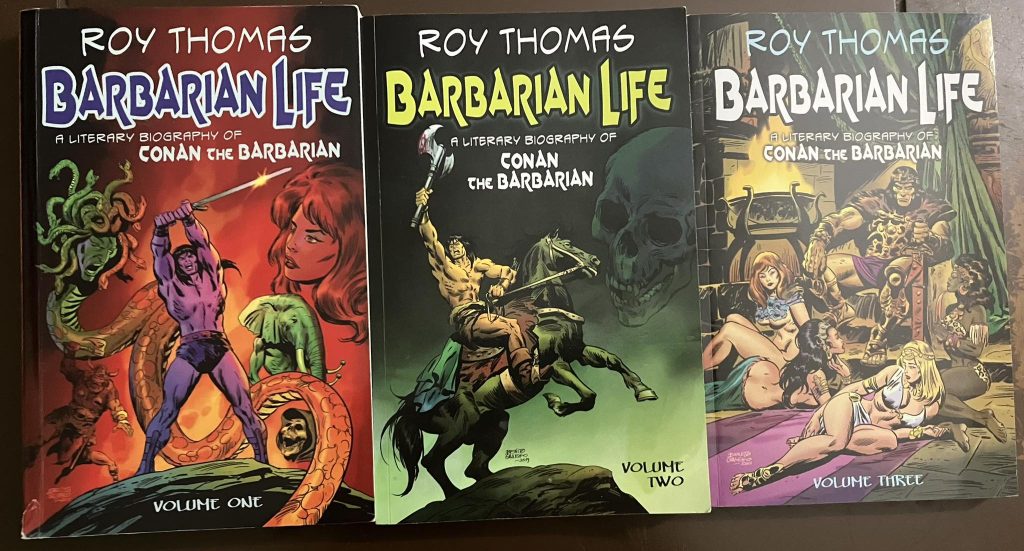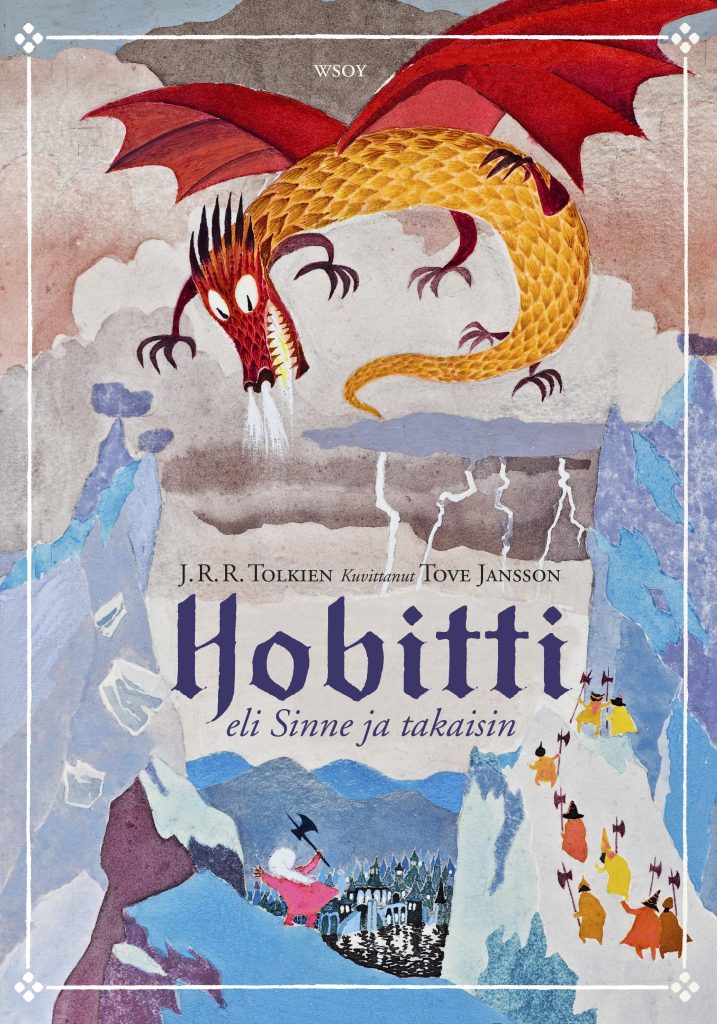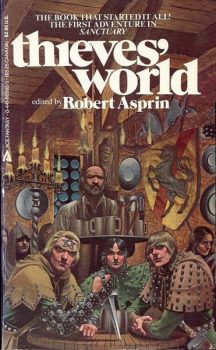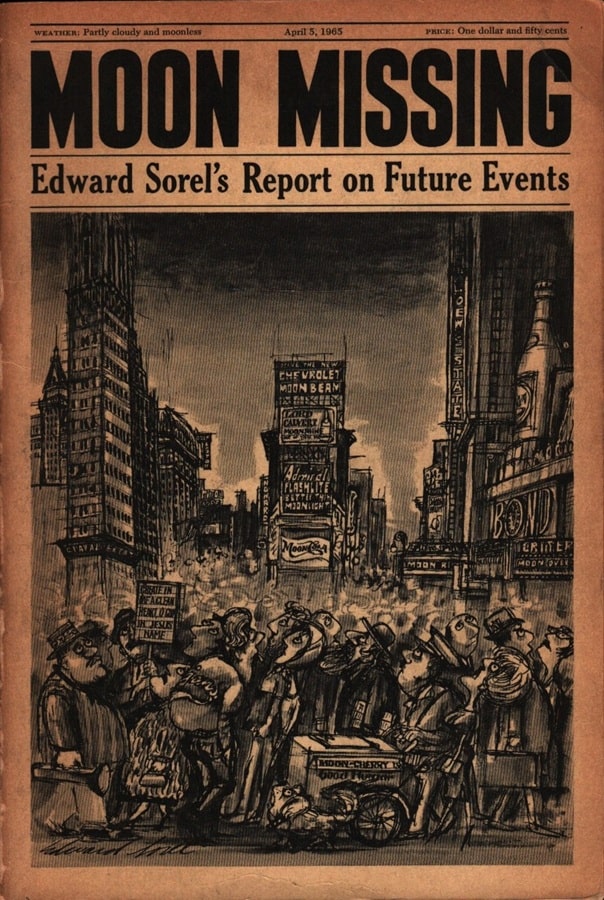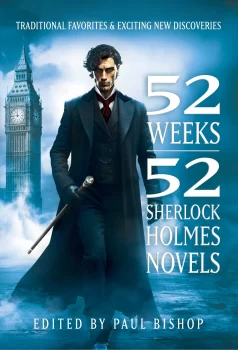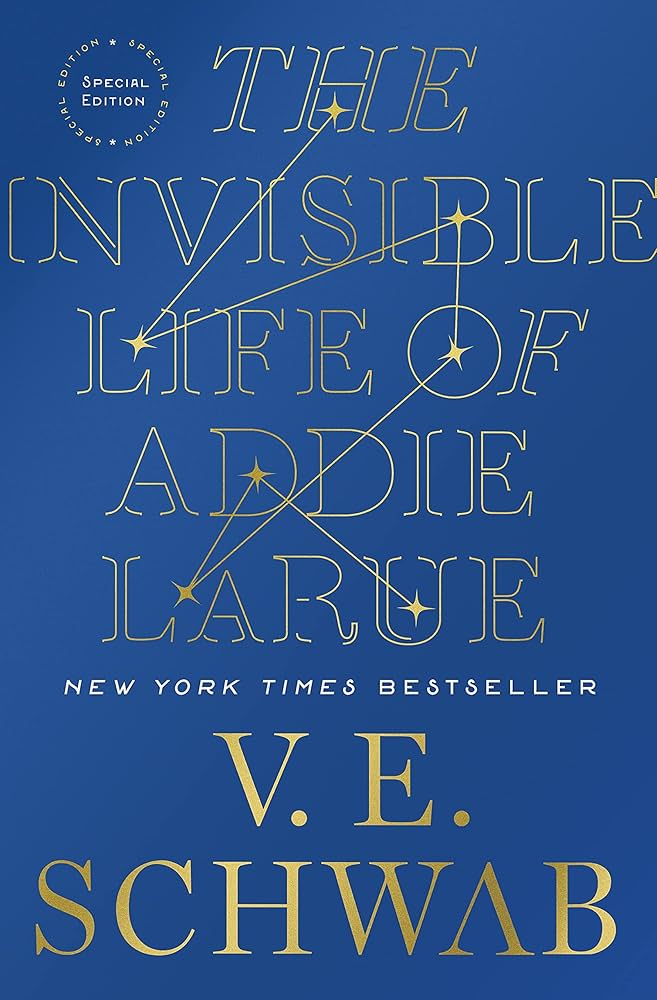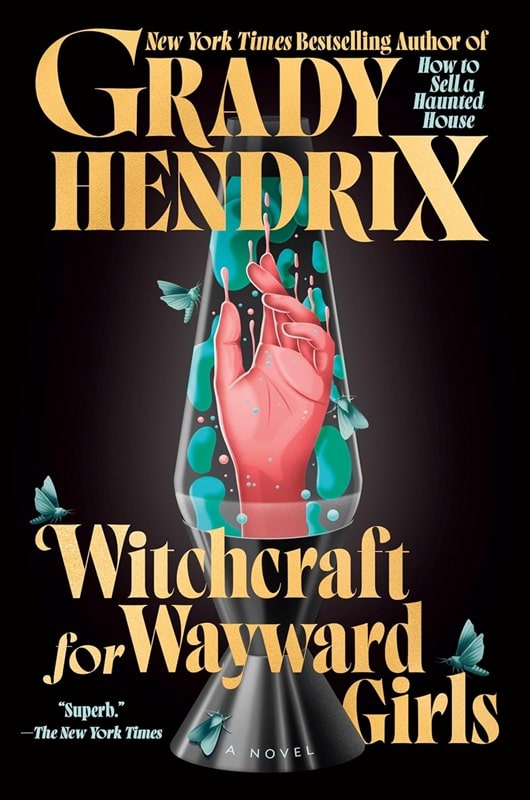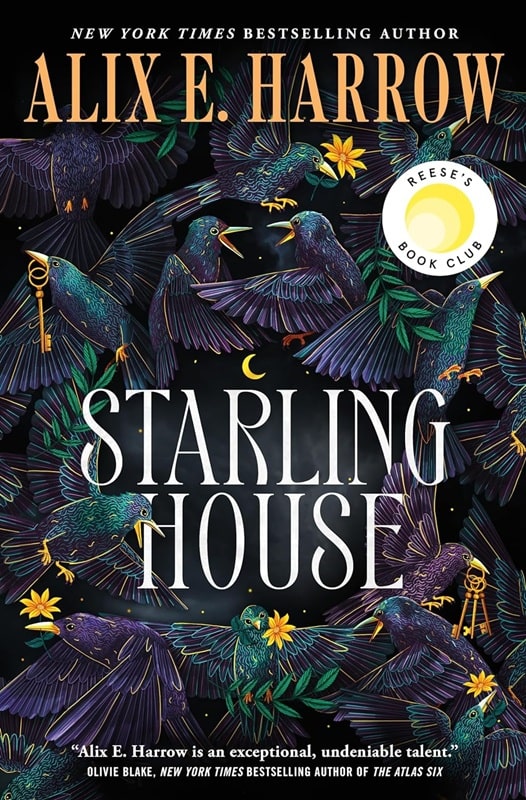By Crom: Marvel, Roy Thomas, and The Barbarian Life
So, back in January of 2022, I did a post on Roy Thomas and the Marvel Conan comic he created in the seventies. I never read that comic. But for some reason in 2019, I decided to buy the first of what turned out to be his three memoirs about the series (mostly about the first 115 issues, which constituted his first run with Conan), and also one of the Marvel Omnibuses that had been put out recently. I ended up getting four of the high-quality Omnibuses, which are those 115 issues he covered in his books.
And I just finished, a couple years later, the first 100, which culminated with the death of Belit, from “Queen of the Black Coast.”
I also recently started the Savage Sword of Conan Omnibus, which ran around the same time, and was black and white. It’s a more ‘literary Howard’ comic, and definitely different than the color Conan one (also less popular).
Below is the original post I did. Then, an additional section, having read through the first hundred. I think this comic is definitely a must for Conan fans. I prefer some of these stories to the Tor pastiches. They’re not all good, of course, but I have enjoyed my read through. And I cannot recommend enough, getting Thomas’ three books. Read one comic issue, then the accompanying short chapter from his book. It’s a terrific experience. Read on, MacDuff (a little literary malapropism for you).
